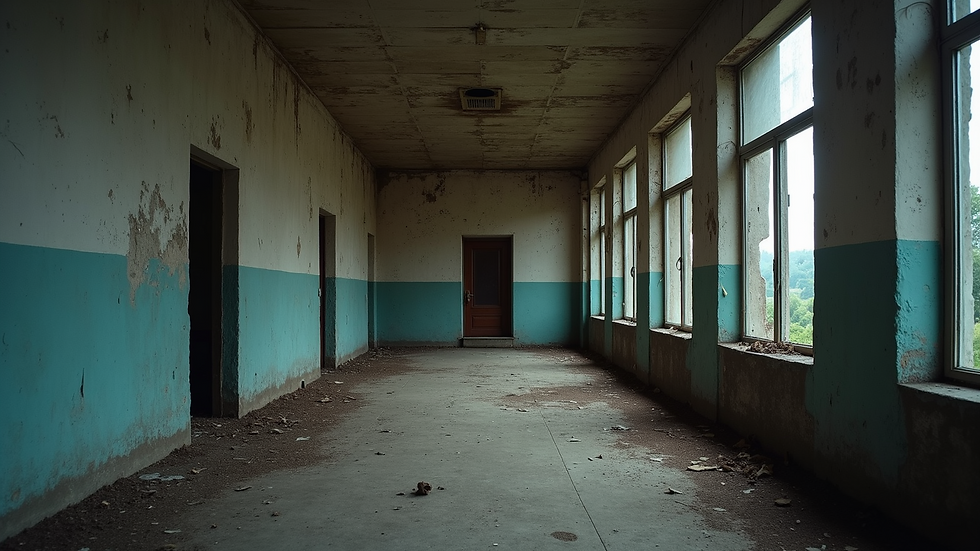What the Heck is a Ghost and Why Do They Haunt Us
- Bodhi Blue

- Apr 21
- 3 min read
Ghosts have sparked human imagination for ages, appearing in folklore, literature, and countless spine-chilling tales. But what exactly is a ghost? Are they the souls of those who have passed, or just figments of our lively imaginations?
Let’s explore the mysterious world of ghosts and uncover their secrets.

The Origins of Ghostly Beliefs
The belief in ghosts has its roots in ancient civilizations. Cultures across the globe thought the spirits of the deceased lingered among the living. Many believed these spirits held sway over aspects like health, luck, and even harvests.
Take the ancient Egyptians, for example. They honored their ancestors, believing their spirits could influence their lives. They built intricate tombs and conducted elaborate burial rituals, showing a deep respect for the afterlife. In the Roman Empire, the "Lares" were household spirits that protected families. Such beliefs formed the foundation for many ghost stories we share today, enriching our understanding of the supernatural.
What Exactly is a Ghost?
At its essence, a ghost is often described as the spirit or soul of someone who has died. However, interpretations can differ greatly. Some view ghosts as a form of energy, while others see them as imprints of a person's personality tied to specific locations.
Consider stories from places known for their hauntings. In the Tower of London, the sighting of Anne Boleyn's ghost has been reported for centuries. Visitors often describe her walking the grounds, a chilling reminder of her tragic fate. These encounters can generate emotions ranging from fear to deep nostalgia, making them all the more fascinating.

Why Do Ghosts Haunt Us?
Ghostly encounters may stem from various reasons. For numerous spirits, it could be a matter of unfinished business—matters left unresolved or important conversations never completed. Additionally, emotional connections to specific places or people tend to tie spirits to their surroundings.
Research in psychology suggests that ghost sightings can correlate with significant emotional states such as stress, anxiety, or grief. A study by the University of Virginia found that close to 30% of people reported some form of after-death communication, indicating that experiences may arise from our longing for closure. These phenomena compel us to find meaning in our experiences, whether we choose to attribute them to mere coincidence or something more mystical.
Ghosts in Popular Culture
The portrayal of ghosts in movies, books, and television plays a pivotal role in shaping our perceptions. From spooky thrillers to touching stories where ghosts aid the living, popular culture keeps our curiosity alive.
Films such as "Ghostbusters" add humor to the ghost narrative, while haunting classics like "The Sixth Sense" leave viewers contemplating the frightening possibilities. According to a survey by the American Psychological Association, 38% of Americans believe in ghosts, showcasing how media influences our connections to these spectral stories and reshapes our understanding of the supernatural.
Final Thoughts
So, what is a ghost, really? They may embody our fears, dreams, and unresolved feelings. Whether we truly believe in them or simply enjoy the tales, ghosts ignite our imaginations and encourage discussions about the unknown.
As long as humans have roamed the Earth, the intrigue surrounding ghosts has prevailed. They serve as reminders that while our lives on Earth are temporary, our stories and memories can endure, much like the elusive entities some believe still walk among us. Real or not, ghosts continue to be woven into the fabric of our culture, straddling the line between reality and folklore in our quest for understanding.




Comments